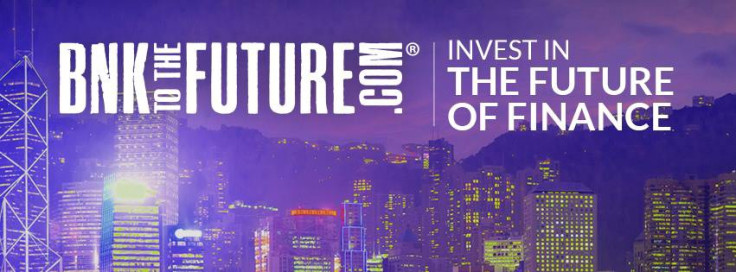Investors turn to compliance-driven ICOs and securities tokens
The ICO boom demonstrates that liquid assets can attract a lot more investment than illiquid private equity

2017 was a landmark year for cryptocurrencies. The total cryptocurrency market capitalization skyrocketed from $17 billion to over $565 billion, and several token sales raised upwards of $150 million each in Initial Coin Offerings. When ICOs began to upend traditional models of startup funding and financing in the Blockchain sector, the U.S. Securities and Exchange Commission took note alongside regulators around the world.
In July 2017, the SEC released the results of its investigation into the DAO, determining that DAO Tokens were securities. The SEC advised anyone using distributed ledgers or blockchain-enabled means for raising capital to "take appropriate steps to ensure compliance with U.S. federal securities laws." They reiterated that securities offered and sold in the United States must be registered with the SEC or qualify for an exemption. This delivered a clear message that the U.S. government was not going to let ICOs eschew the laws created to protect its citizens.
Stricter regulations were not limited to the United States. In September, The People's Bank of China declared token sales "illegal and disruptive to economic and financial stability," sending cryptocurrency markets into a brief tailspin. South Korea also tightened its stance on ICOs, and other jurisdictions around the world continue to explore ways to regulate cryptocurrencies.
So where does this leave us in 2018? Many projects in the cryptocurrency space are now complying with stricter regulations, which opens the door for investors to participate in more realistic ICOs with some level of accountability. In the past, some ICOs have slid through in gray areas where their tokens may or may not have been considered securities. A common strategy for blockchain projects has been to develop "utility tokens" and "membership tokens" to avoid regulations. This year, we'll see many more tokens become regulated as securities, and see company equity tokenized. The ICO boom demonstrates that liquid assets can attract a lot more investment than illiquid private equity. Investors want both real equity and the liquidity of tokens.
Investors may or may not pick the right cryptocurrency or equity to buy, but they can be assured the companies have followed a compliance-driven process when using our platform to launch. BnktotheFuture has been in business serving Bitcoin and blockchain companies for seven years, long before the recent ICO boom. We've attained securities business registrations and studied regulatory requirements to ensure we are compliance-driven.
In today's global ICO boom, investors are increasingly seeking a more transparent marketplace that allows flexibility in trading existing investments and gaining early access to new deals, all while maintaining many of the protections provided by traditional equity investments. This is difficult, since regulations vary state by state and country by country. Acknowledging this gap in service, This year BnkToTheFuture aims to expand to offer a market for securities tokens with real-time access, pricing, liquidity, and a transparent marketplace for trading such equity-backed tokens.
Blockchain opens the door to many possibilities, but security tokens can only operate within existing securities laws. From now on, if the assets they invest in are not liquid, they will avoid investing. In 2018, we'll see more compliance with regulatory structures, which will usher in a new wave of disruption in traditional finance. We'll see previously illiquid assets become liquid as equity investments broaden, which will be a positive step forward in the future of finance.
Simon Dixon is CEO and co-founder of BnkToTheFuture.com.





















